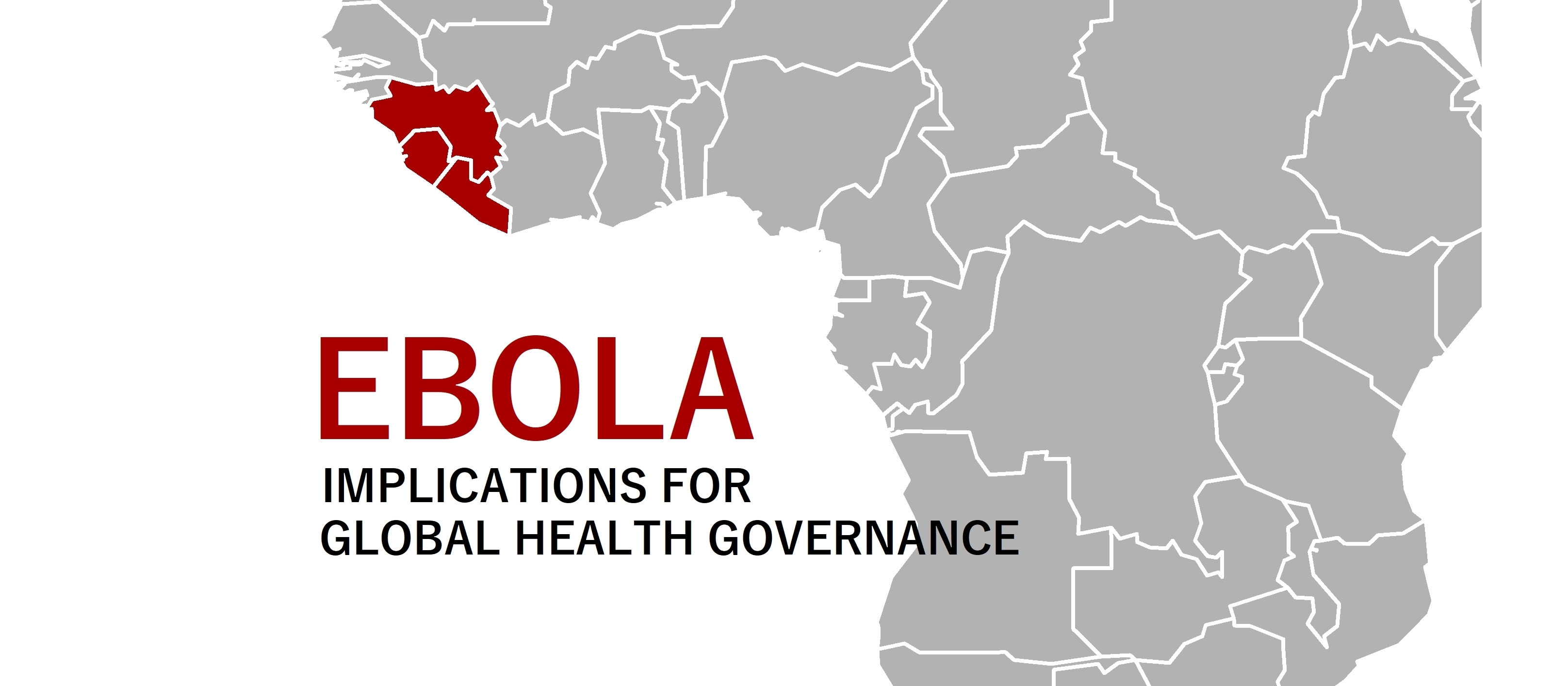By Sophie Harman
If the 2014 Ebola outbreak in Guinea, Liberia and Sierra Leone tells us anything about global health politics, it is that there is a distinct difference between normatively agreeing to act on an issue (in this case a public health emergency of international concern) and the will or ability to act. One point of agreement across the range of actors in global health is that the 2014 Ebola outbreak was a crisis that could and should have been prevented. Structures and processes had been created at the global level of health governance to help states and non-state actors report outbreaks of infectious diseases such as Ebola. Members of the World Health Organisation (WHO) had committed to a new system of disease outbreak preparedness through the 2005 International Health Regulations (IHR2005). The boom time of global health financing from 2000 – 2010 had afforded health a priority position in many low and middle-income countries. For some the combination of commitment to the IHR2005 and the boom in financing had created a new normative agenda within global health in which institutions such as the WHO could harness to secure the health of the world’s population.1 However, come the 2014 Ebola outbreak, such normative commitment appeared to be an empty gesture for Guineans, Liberians and Sierra Leoneans. This short commentary argues that events in West Africa demonstrate that norms are not enough to promote global health security because they exist in a system of global health governance that is defined by a financially-incentivised hierarchy of norms and institutional weakness of norm custodians. These two issues demonstrate normative agendas as political processes that have more to do with institutional finance and donor state priorities than a collective will to act.


